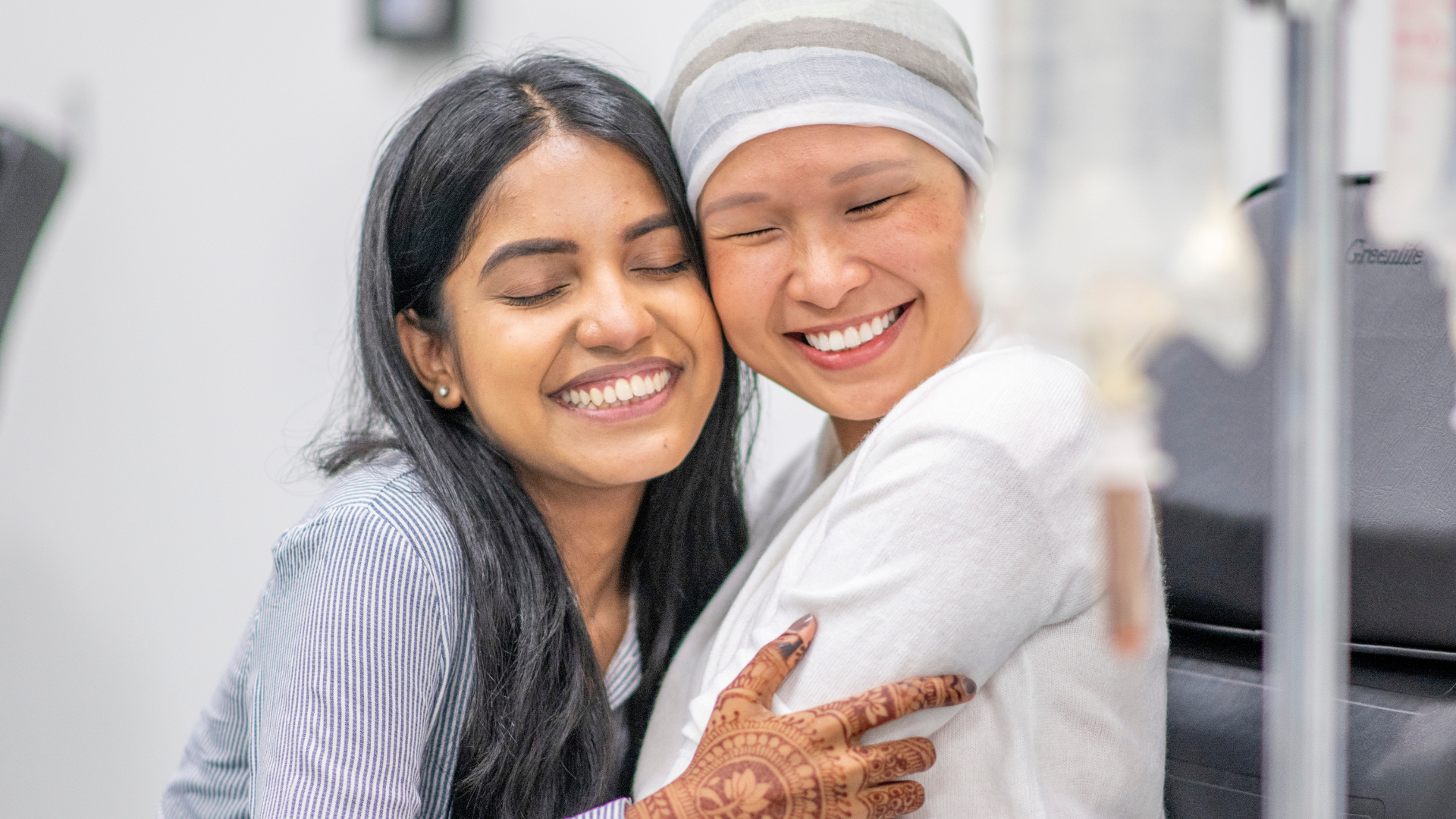Our Recent Projects

Empowerment as perceived by young adults living with advanced cancer
What does empowerment look like for young adults facing advanced cancer? This study gives voice to their experiences; it reveals how they strive to stay involved, assert control, and make meaning amid the uncertainty of serious illness. From navigating healthcare barriers to redefining their personal legacy, their insights provide a good basis for future service/program development.

The HOPE Study
The HOPE Study follows patients and caregivers involved with the Canadian Cholangiocarcinoma Collaborative (C3), a national network supporting those affected by biliary tract cancer. Using surveys and interviews, the study explores how hope and loneliness change over time and what participants value most—or feel is missing—in C3’s initiatives. So far, over 100 people have taken part.

Integrating psychosocial oncology advocacy priorities as reported by cancer-related organizations: Insights from a cross-Canada online survey
In collaboration with the Canadian Association of Psychosocial Oncology (CAPO), this project sought to better understand the advocacy priorities and challenges of Canadian organizations involved in psychosocial oncology (PSO). The goal was to gather insights that could inform the potential future co-development of a shared national PSO advocacy strategy. A 27-item survey was distributed to 54 organizations, with 30 responding.
Sustainable Distress Screening Implementation Study
The pilot study aimed to determine the feasibility of a volunteer-based electronic distress screening and support system for newly diagnosed cancer patients. It assessed the system's usability and acceptability, the nature of distress-related requests, and whether distress scores changed after participating in the program.
PREVENTION Platform
Developed and tested an e-health platform to support women during breast cancer genetic testing. The platform was highly rated, and allowed users to follow screening recommendations, track appointments, and access personalized information on breast cancer risk and lifestyle impacts.
Perspective Study
Dr. Loiselle’s lab joined Dr. Jacque Simard’s team at l’Université Laval in a Génome Québec-funded study to evaluate a website that educated women on genetic and lifestyle risk factors for breast cancer. The team assessed community perceptions and the acceptability of this information.
Being Known Qualitative Study
Past research focused on physician-patient communication, with less attention to the nurse-patient relationship and its impact on patients feeling “known” in healthcare. This study explored cancer patients' experience of “being known” in ambulatory care settings where nursing rounds had been implemented, highlighting the importance of nurse-patient communication.

Breast & Bone Health Project
Some women with breast cancer were at higher risk for bone fragility due to treatment. Hope & Cope and the Segal Cancer Centre led a program to promote bone health, resulting in a comprehensive toolkit for integrating bone health practices into breast cancer treatment across Quebec.

Coping Together
Hematopoietic stem cell transplantations (HSCTs) shifted from inpatient to outpatient settings, increasing caregiver (CG) involvement. This study adapted the Coping Together (CT) manuals for HSCT patients and CGs, exploring their perceptions and adaptation to enhance coping during the first 100 days post-HSCT at Memorial Sloan-Kettering Cancer Center.

The Impact of French for Health and Psychosocial Services Courses and OQLF Exam Workshops on the Retention of Health Care Professionals in Quebec
McGill's French Language Centre recently shifted to a Task-Based Learning approach for its professional-focused French courses. This project aims to evaluate student language learning efficacy and satisfaction following these changes, as well as the impact on retention of anglophone and allophone graduates in Quebec. Additionally, it explores the relation between Office québécois de la langue française (OQLF) workshop attendance and success rates in the OQLF exam.

Dialogue McGill
Dialogue McGill focuses on improving access to health and social services for Quebec's English-speaking communities, with objectives including language training, program evaluation, knowledge translation, and enhancing professional recruitment and retention.

A Mixed-Methods Approach to Capture Cancer Care Team Functioning Over the COVID-19 Pandemic
This project examines cancer team functioning during and after the COVID-19 pandemic, exploring multi-stakeholder perceptions and the association between team functioning and patient care experiences. Key attributes of optimal team functioning were identified, with findings soon to be published.

“The Power of Me, the Power of We” Documentary
Documentary project by Carmen G. Loiselle and Hope & Cope that aimed to capture the complex experiences of young adults with advanced cancer, highlighting their unique challenges and growth. The film seeks to raise awareness and fundraise for supportive services, bringing their stories to a broader audience.

Users’ Perceptions of Community-Based Cancer Support Programs
Descriptive mixed-method project to assess the views of individuals affected by cancer who are enrolled in Hope & Cope’s Cancer Wellness Centre programs. By exploring perceived benefits and challenges across different time points, we seek to optimize support services to better meet participants' needs.


Hope and Psychosocial Factors in Rare Biliary Tract Cancers: A Mixed-Methods Study
The Canadian Cholangiocarcinoma Collaborative (C3) addresses the urgent need for improved care for Biliary Tract Cancer (BTC) patients in Canada through initiatives like C3-HOPE. This program offers comprehensive support, including care kits, clinical trial matching, and patient advocacy, with a focus on enhancing hope and quality of life. The project assesses the impact of these interventions on patient hope, loneliness, and engagement, aiming to transform BTC care by providing tailored resources and research opportunities.

Feasibility, Acceptability, and Potential Effects of a Digital Oral Anticancer Agent Intervention: Protocol for a Pilot Randomized Controlled Trial
This pilot study explores the feasibility and acceptability of a digital intervention designed to support individuals taking oral anticancer agents (OAAs). Participants were recruited from a university-affiliated cancer center in Montreal and randomly assigned to receive either the intervention plus usual care or usual care alone. The intervention various multimodal elements, all aimed at improving adherence and reducing symptom distress. This study’s goal was to generate evidence on how digital tools can better support cancer patients in managing their treatment.

